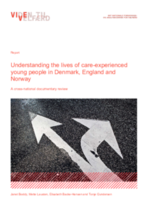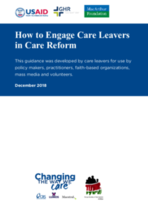It takes a village: Reflections on a randomized controlled trial to teach mindfulness skills to teens in foster and kinship care
In this article, the authors reflect on a pilot project implementing a mindfulness-based stress reduction program among traumatized youth in foster and kinship care.



